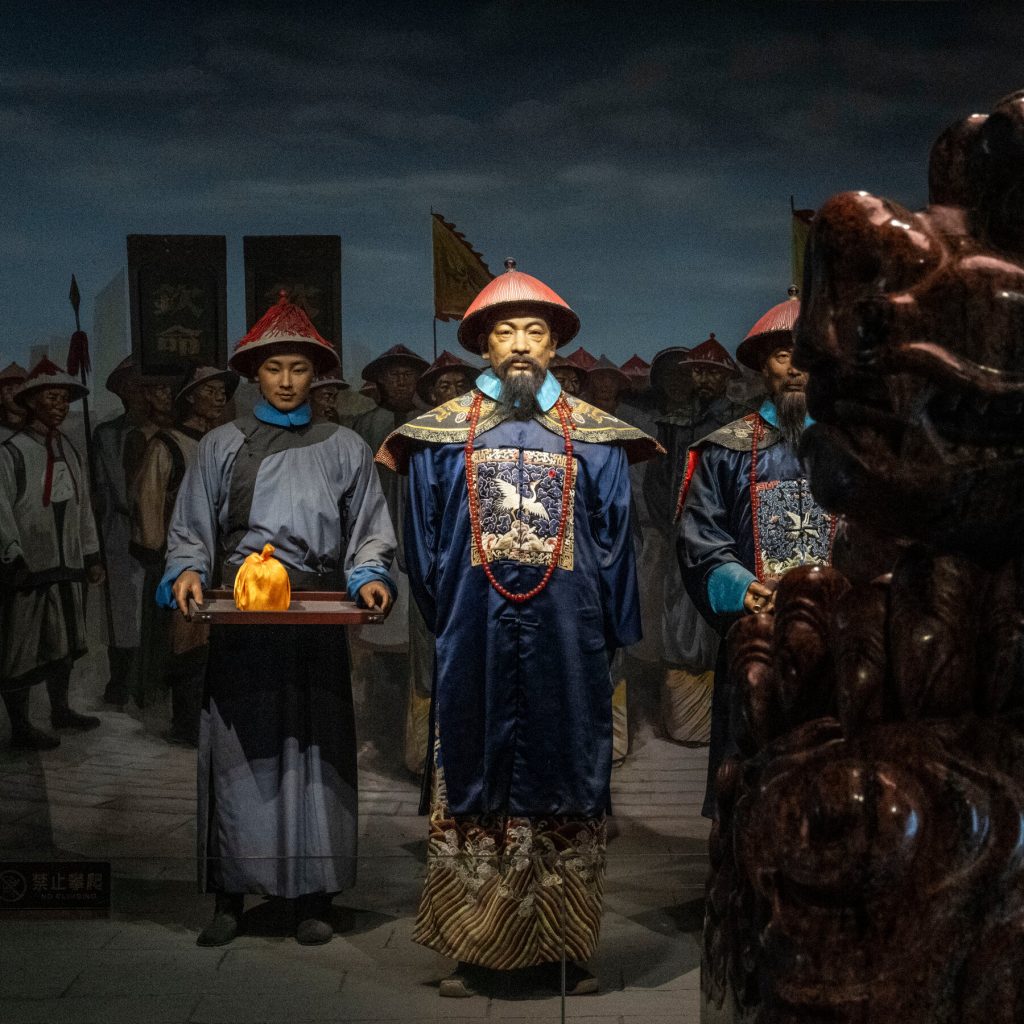Anthropic Reveals Its AI Agents Were Exploited by Chinese State‑Sponsored Hackers
Company discloses misuse of its language models in a coordinated cyber‑espionage operation
Anthropic, the San Francisco‑based artificial‑intelligence startup behind the Claude series of conversational agents, announced that its tools were weaponised by a group of Chinese state‑affiliated hackers. The company said the actors used its generative‑AI models to automate phishing campaigns, craft malicious code snippets, and extract confidential information from targeted organisations.
The discovery came after Anthropic’s security team detected anomalous API usage patterns in early 2024. “We observed a sudden surge in requests that combined advanced prompt engineering with data‑exfiltration techniques,” the company’s chief security officer wrote in an internal memo that was later released to the press. “Further analysis confirmed that the traffic originated from IP ranges linked to known Chinese cyber‑espionage groups.”
According to the report, the hackers employed the AI agents to:
- Generate convincing spear‑phishing emails in multiple languages, dramatically increasing the success rate of social‑engineering attacks.
- Write and obfuscate malware payloads, allowing the actors to bypass traditional signature‑based defenses.
- Summarise and translate stolen documents, facilitating rapid intelligence sharing within the threat group.
Anthropic has taken immediate steps to curb the abuse, including temporarily suspending the affected API keys, tightening rate‑limit thresholds, and rolling out new usage‑policy safeguards. The company also pledged to cooperate fully with U.S. and international law‑enforcement agencies as the investigation proceeds.
Cyber‑security experts say the incident underscores the dual‑use nature of powerful generative‑AI tools. “When you give a model the ability to write code or draft persuasive messages, you also hand a potent weapon to adversaries,” noted Dr. Maya Patel, a senior analyst at the Cyber Threat Alliance. “Vendors must anticipate these misuse scenarios and embed robust controls from the outset.”
While Anthropic’s technology has been praised for its safety‑first design, the episode highlights the ongoing challenge of balancing rapid AI innovation with the need for rigorous oversight. The company has announced a new Responsible‑Use Program that will include mandatory risk‑assessment training for all API customers and a real‑time monitoring dashboard to flag suspicious activity.
As governments worldwide grapple with the security implications of generative AI, the Anthropic case may serve as a catalyst for stricter regulatory frameworks. “We are entering an era where AI is as critical to national security as traditional software,” said Sen. Laura Chen (D‑CA) during a recent Senate hearing. “Ensuring that these tools are not turned against us must be a top priority.”





